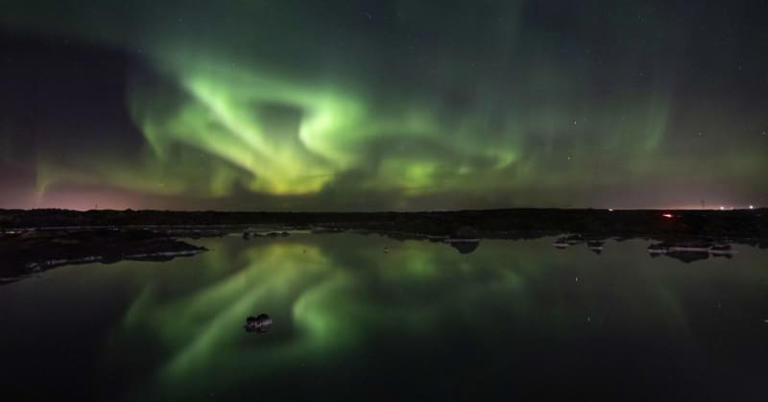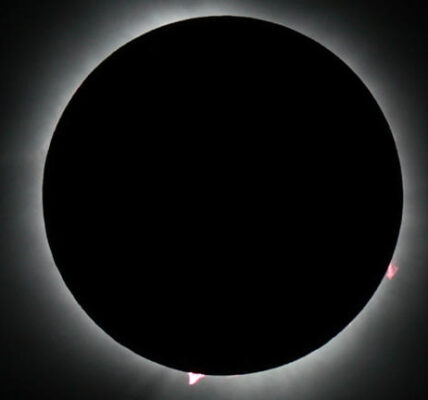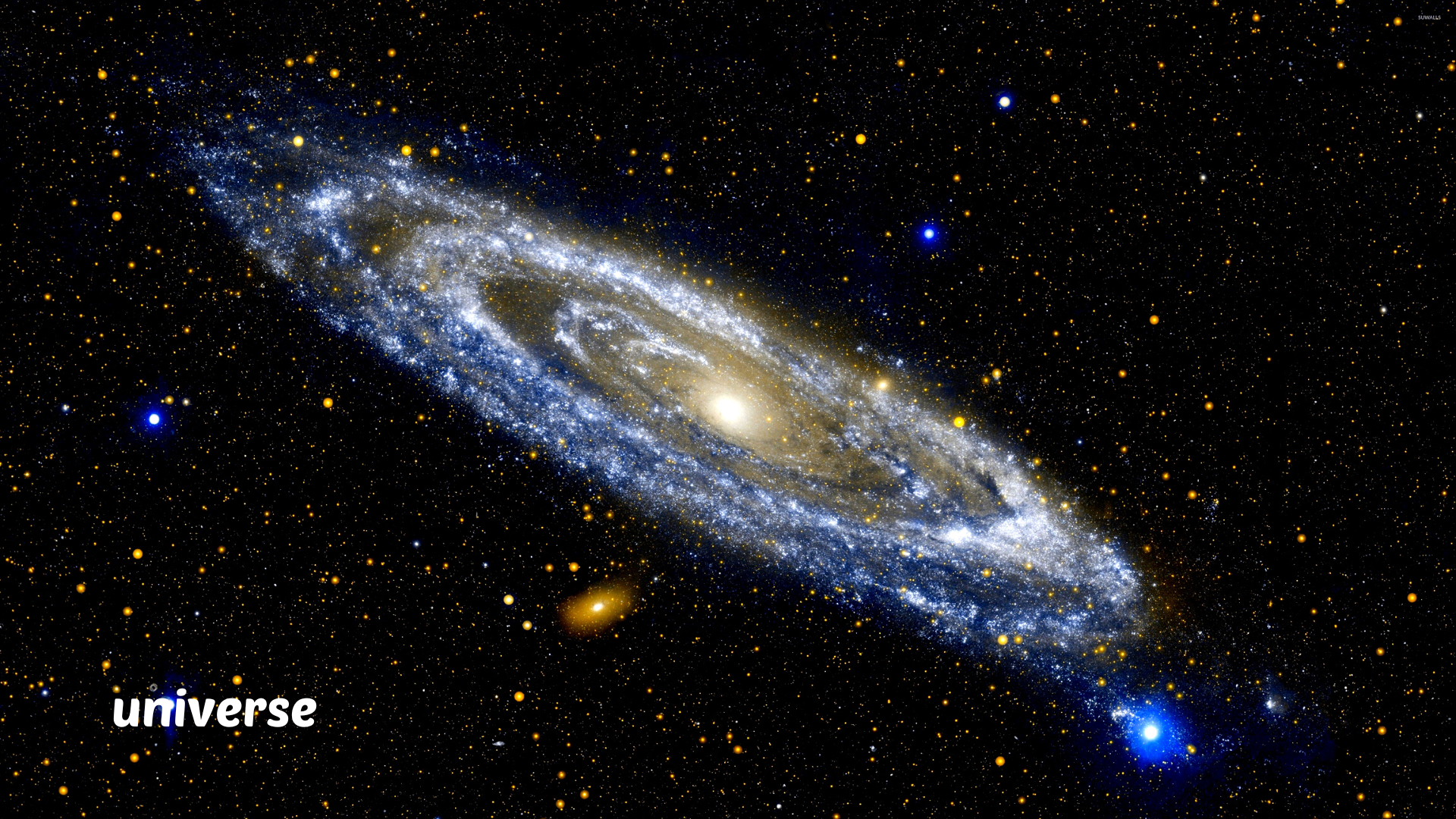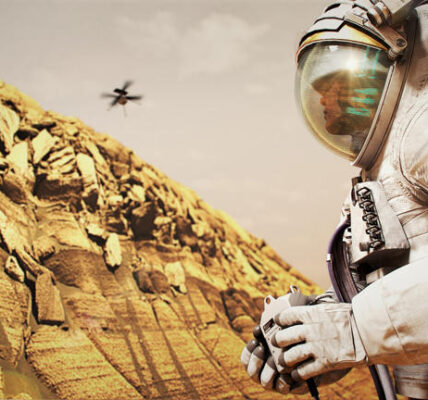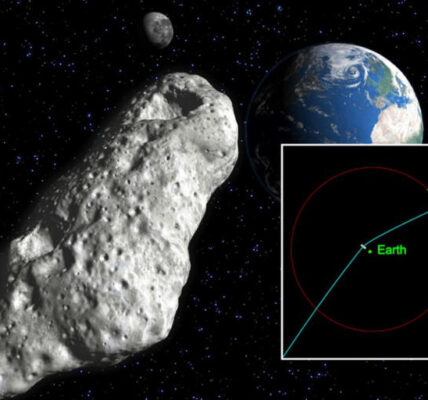“Martian Colonists Unveiled: The Surprising Truth About Their Future Accent!”
Understanding the Evolution of Accents: What Will Martian Colonists Sound Like?
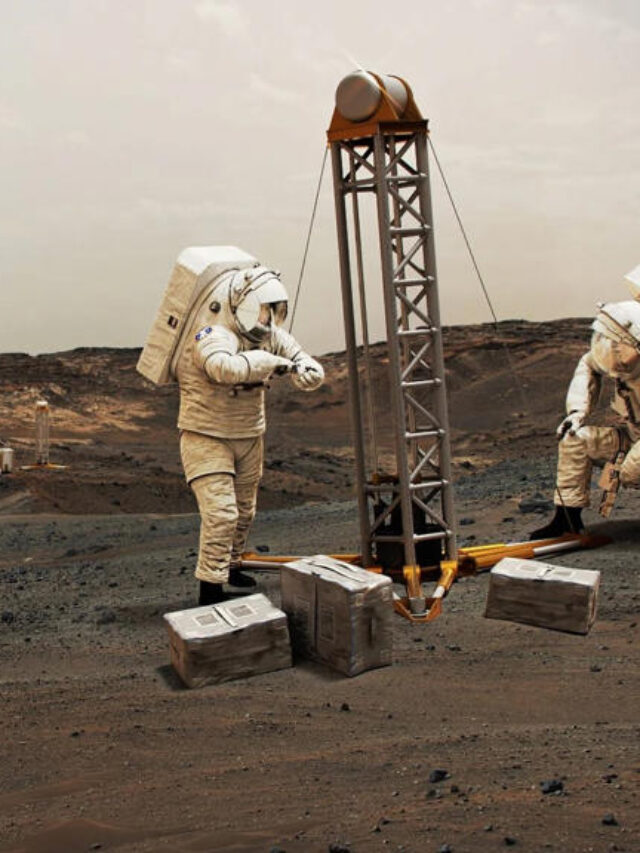 As humanity strides towards the stars, envisioning a future where Mars and the moon might be our new homes, one intriguing question emerges: What kind of accent will Martian colonists have? Let’s dive into the fascinating world of accent evolution with insights from experts like Professor Jonathan Harrington.
As humanity strides towards the stars, envisioning a future where Mars and the moon might be our new homes, one intriguing question emerges: What kind of accent will Martian colonists have? Let’s dive into the fascinating world of accent evolution with insights from experts like Professor Jonathan Harrington.
Imagine a future where humans have ventured beyond Earth’s confines, settling on celestial bodies like Mars and the moon. In these distant outposts, new societies will blossom, bringing forth cultural, biological, and psychological nuances distinct from our terrestrial roots.
Accents, those melodic twists and turns in speech, aren’t static. They evolve over time, shaped by isolation and interaction within communities. Professor Jonathan Harrington, based at the University of Munich in Germany, sheds light on this phenomenon.
Harrington’s theory suggests that when individuals are separated from their original linguistic group for extended periods, they naturally begin to adopt unique speech patterns and pronunciations. This process, over generations, leads to the emergence of new accents.
To put this theory to the test, Harrington embarked on a unique expedition to Antarctica back in 2019. There, he spent time with researchers from various regions, including England, Iceland, Germany, and the U.S. Northwest. The result? They observed distinct differences in speech patterns among themselves after spending a winter in isolation.
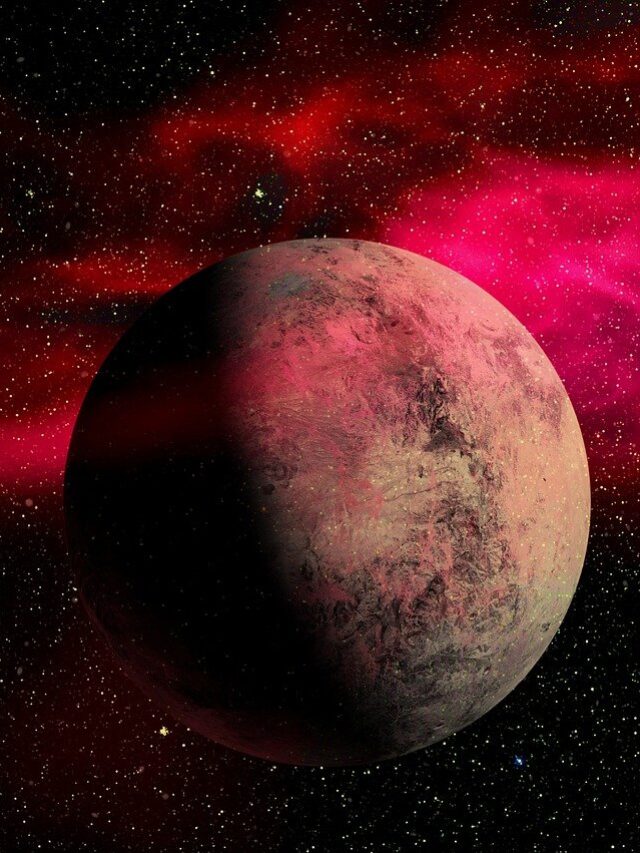
Now, let’s apply this concept to space colonization. Picture Martian colonists, isolated in the vast expanse of space, with limited contact with Earth. In such extreme conditions, the evolution of accents would likely accelerate.
As generations pass and communication with Earth becomes more sporadic, Martian colonists would develop unique speech patterns and accents reflective of their off-world experiences. These accents would gradually diverge from those of their Earthbound counterparts, forming a linguistic identity distinct to Martian society.
In essence, the accent of Martian colonists will be a testament to their resilience and adaptability in the face of the unknown. It will be a reflection of the cultural, social, and environmental dynamics of their extraterrestrial home.
But what about language? Could Martian colonists develop an entirely new language, distinct from any spoken on Earth? While it’s a tantalizing possibility, the evolution of language is a complex process that unfolds over centuries. In the shorter term, accents are more likely to undergo significant changes than the language itself.
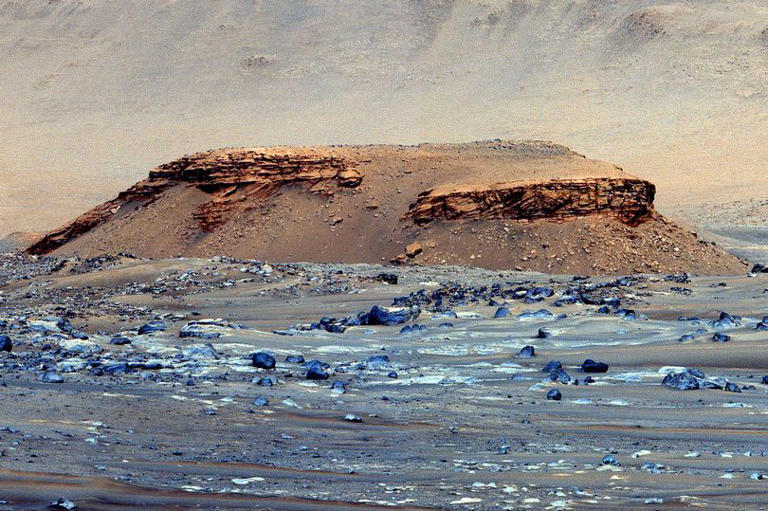
In conclusion, the accent of Martian colonists will be a product of their unique journey into the cosmos. It will be a symbol of human exploration and adaptation to new frontiers, echoing across the vast red plains of Mars for generations to come.
In the grand tapestry of the universe, the evolution of accents is but one thread, weaving together the diverse tapestry of human experience. And as we venture forth into the unknown, let us embrace the richness of our linguistic heritage, wherever the stars may lead us.
So, as we gaze up at the night sky, let us wonder not only about the mysteries of the cosmos but also about the melodies of speech that may one day echo among the stars. For in the language of the universe, every accent tells a story, and every voice carries the promise of a new beginning.
In the end, the accent of Martian colonists will be more than just a sound. It will be a testament to the indomitable spirit of humanity, reaching out to touch the stars and leaving its mark on the vast expanse of space.
